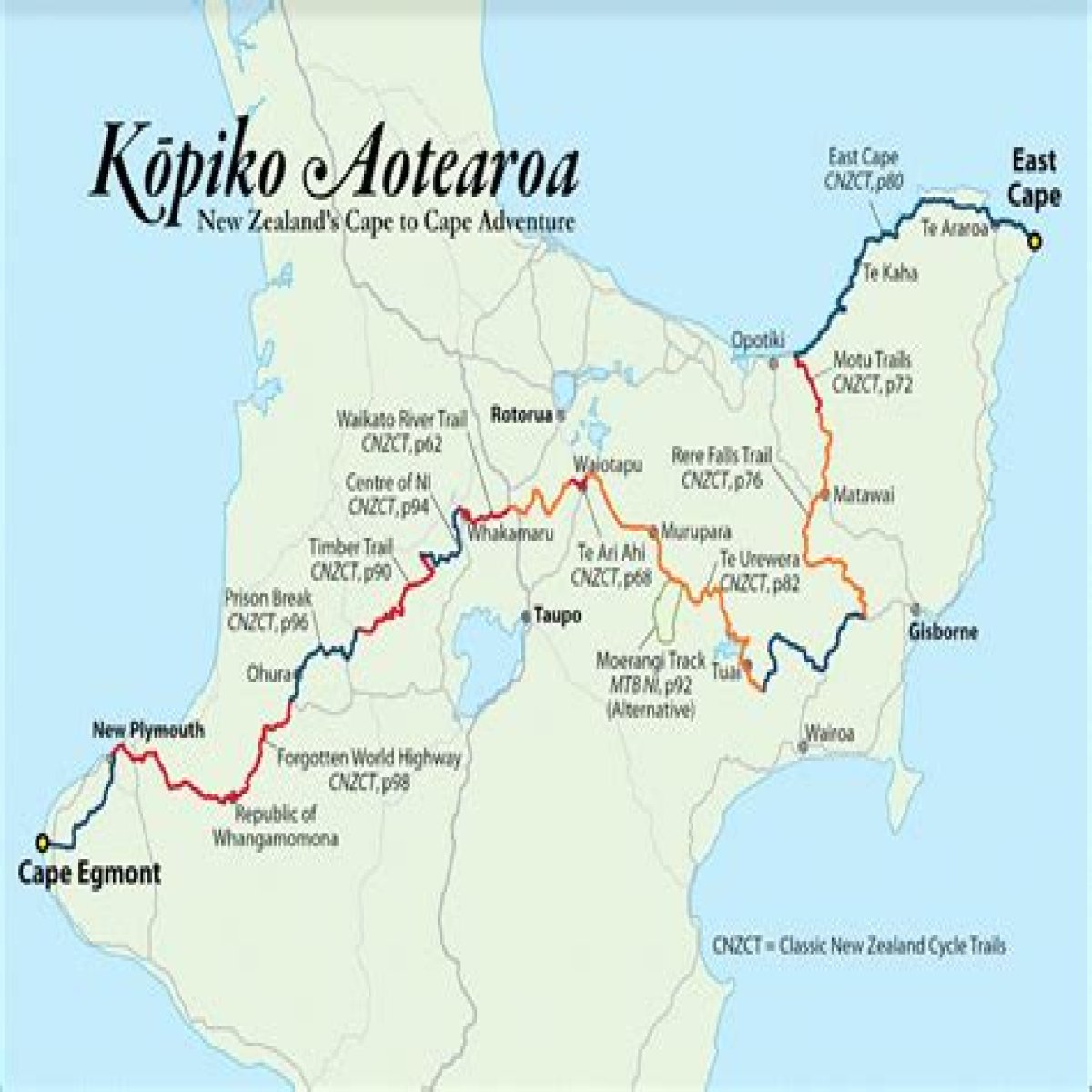They call us monsters, but where are they now?
The phrase "they call us monsters" is often used to describe the experience of being marginalized and misunderstood. It can be a powerful way to express the pain and anger that comes with being treated as an outsider. But it's also important to remember that we are not alone. There are many people who have been called monsters, and we have all found ways to survive and thrive.
One of the most important things we can do is to connect with others who have had similar experiences. This can help us to feel less alone and more understood. It can also help us to develop a sense of community and belonging. There are many ways to connect with others, such as joining a support group, attending a conference, or reading books and articles about the experiences of marginalized people.
Another important thing we can do is to educate ourselves about the experiences of marginalized people. This can help us to understand the challenges that they face and to develop empathy for their experiences. There are many ways to educate ourselves, such as reading books and articles, watching documentaries, and listening to podcasts.
They call us monsters where are they now
There are many key aspects to the experience of being called a monster. These include:
- Isolation: Marginalized people often feel isolated and alone. They may feel like they don't belong anywhere and that no one understands them.
- Shame: Marginalized people often feel shame about who they are. They may feel like they are flawed or defective and that they don't deserve to be loved or accepted.
- Anger: Marginalized people often feel angry about the way they are treated. They may feel like they are being unfairly targeted and that they don't deserve to be treated this way.
- Resilience: Marginalized people often develop resilience in the face of adversity. They learn to cope with the challenges they face and to find ways to thrive despite the obstacles they encounter.
They call us monsters where are they now
Marginalized people often face discrimination and prejudice. This can make it difficult for them to find jobs, housing, and education. They may also experience violence and harassment.
The effects of discrimination and prejudice can be devastating. They can lead to poverty, homelessness, and unemployment. They can also lead to mental health problems and physical health problems.
It is important to challenge discrimination and prejudice. We can do this by speaking out against it, by supporting marginalized people, and by working to create a more just and equitable society.
They call us monsters where are they now
Marginalized people have a lot to offer society. They are often creative, resourceful, and resilient. They can make valuable contributions to their communities and to the world.
It is important to recognize the value of marginalized people. We can do this by listening to their stories, by learning from their experiences, and by supporting their efforts to create a better world.
By working together, we can create a more just and equitable society where everyone is valued and respected.
Frequently Asked Questions (FAQs) by "they call us monsters where are they now" keyword
This section provides answers to commonly asked questions (FAQs) related to the topic of "they call us monsters where are they now". The FAQs are intended to provide a deeper understanding of the topic and address any misconceptions or concerns.
Question 1:What does the phrase "they call us monsters" mean?
Answer: The phrase "they call us monsters" is often used to describe the experience of being marginalized and misunderstood. It can be a powerful way to express the pain and anger that comes with being treated as an outsider.
Question 2:How can we challenge discrimination and prejudice against marginalized people?
Answer: We can challenge discrimination and prejudice against marginalized people by speaking out against it, by supporting marginalized people, and by working to create a more just and equitable society.
Summary of key takeaways or final thought:
The experience of being called a monster is a complex and challenging one. However, it is important to remember that we are not alone. There are many people who have been called monsters, and we have all found ways to survive and thrive. By working together, we can create a more just and equitable society where everyone is valued and respected.
Conclusion
The experience of being called a monster is a complex and challenging one. However, it is important to remember that we are not alone. There are many people who have been called monsters, and we have all found ways to survive and thrive.
By working together, we can create a more just and equitable society where everyone is valued and respected. This means challenging discrimination and prejudice, supporting marginalized people, and working to create a more just and equitable society.
Get The Scoop: Mike Manson Waters' Net Worth RevealedFind Valvoline's Closing Hours Quickly And EasilyMount Pele Crossword: Explore The Martinique Volcano
